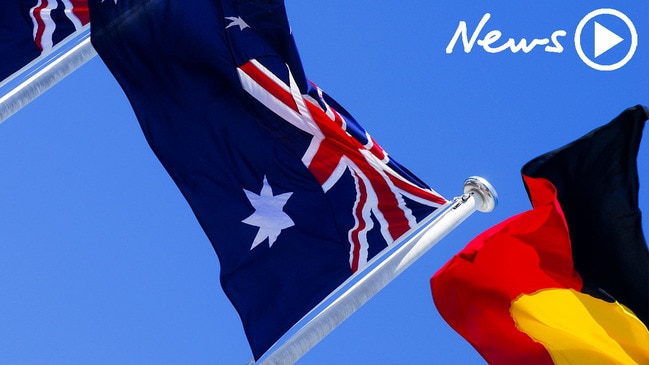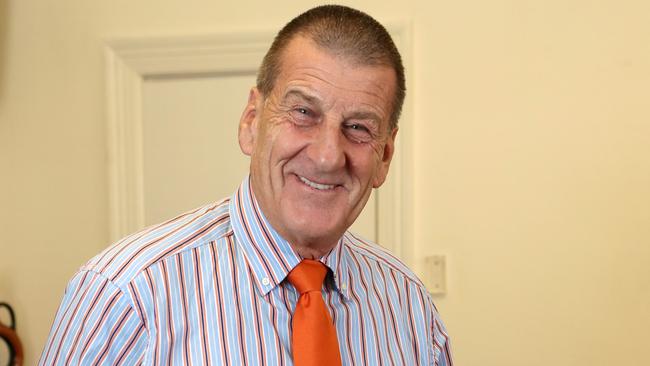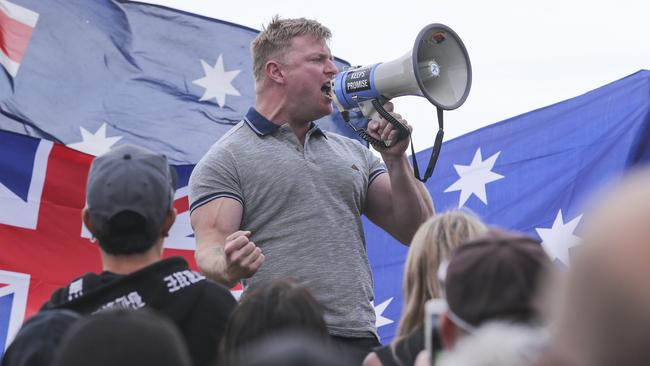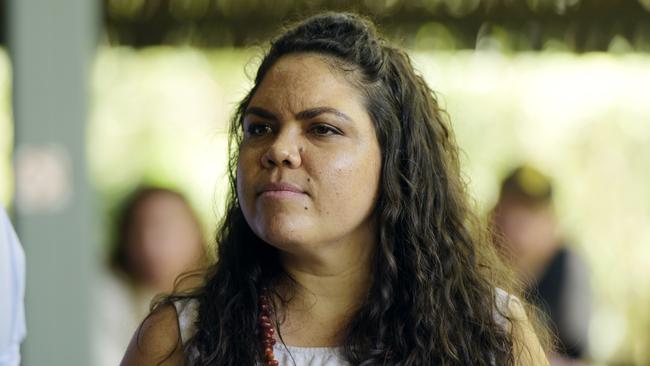There’s a huge danger in changing the date
Woke Australians may be all for finding an alternative day to celebrate our nation, but to run away from January 26 is to ignore so many other risks, writes David Penberthy.

Rendezview
Don't miss out on the headlines from Rendezview. Followed categories will be added to My News.
There are certain things that go hand-in-hand with Australia Day.
Lamb chops on the barbie. A day at the beach with family and friends. An interminable bloody argument about whether we’re a pack of insensitive rednecks for holding it on January 26.
You can set your watch by the annual national stink surrounding Australia Day. It starts in early January during the slow news period and reaches a crescendo in the days leading up to the event.
This year we have seen an increasing number of socially liberal figures such as Jeff Kennett coming out against January 26; conversely, on the Right of politics, conservative Coalition MPs will try to use the power of parliament to enshrine the date in legislation as our national date forever more.
In the political space, far from being a unifying national day, it’s an irritating fixture on the culture wars calendar.
I have never been much of a fan of Australia Day, not because of the date, but because it has long been envisaged as nothing more than a moronic boozy barbecue that invites no thought or discussion around our national identity, history and values.
The meaning of citizenship — so cherished by those blessed to be given a second shot at life here — is lost in a sea of Sam Kekovich ads and an ocean of VB.
And it is dispiriting to see the defensiveness with which so many white Australians will angrily react to indigenous criticism of the date, despite the undeniable fact that we Anglos were most certainly not holding an invitation when we rocked up unannounced in January 1788.

But whether progressive people and indigenous Australians like it or not, they have to acknowledge and grapple with the fact that every poll conducted on the question of the date has shown overwhelming public support for January 26 to remain as the date of Australia Day.
As such, I would argue that abolishing the date could have several negative consequences for our country.
The first is that it could establish January 26 as a de facto national day for the extreme Right, as epitomised by those neo-Nazis who gathered at Melbourne’s St Kilda beach for their absurd get-together a few weeks ago.
MORE FROM RENDEZVIEW: This is how to have an Australia Day debate
Having lived through Sydney’s Cronulla riots, and seen first hand how with a little help from the more reckless elements of the media these social tensions can be turned into a full-blown war, my fear is that with the stroke of a pen we could turn January 26 from a day of black dispossession into a day of white dispossession.
The day could easily be converted into a rallying call not just for those who are already extremists but politically disengaged white Australians, people who if they lived in the States would be Trump voters, who feel angered and disenfranchised by establishment politics and political correctness.

Second, one of the more fruitless aspects of a date change is that there is no evidence that it would be seen as a problem-solving move by indigenous Australians anyway. There was a very interesting article tucked away in The Australian this week quoting disparate indigenous leaders about the proposed date change.
Under the headline “Changing Australia Day ‘not the point’”, the article quoted the radical group Warriors of Aboriginal Resistance as saying: “We agree that January 26 represents a day of dispossession, but so would any other day that celebrates Australian nationalism.”
At the other end of the political divide, indigenous leader Jacinta Price, a political conservative who is a member of the Country Liberal Party, said she regarded the debate around January 26 as an irrelevance given the real-life hardships facing Aboriginal people.
“I’ve just been at a funeral today for a young indigenous fella who suicided,” Ms Price said. “What Jeff Kennett and all the other people arguing for a date change don’t get is that no date change is going to change the fact that these tragedies are taking place.”
MORE FROM RENDEZVIEW: Changing Australia Day won’t change history
The third failure of a date change would be that it would actually help us airbrush the more challenging and unpleasant realities from our history by picking some meaningless day that’s designed to cause no offence to anyone, anywhere.
As I said up the top, while some white folks get upset by it, one of the good things about Australia Day in its current, divisive form is that it at least has the capacity to spark a conversation around our history, and encourage us to think about the hand that black Australia has been dealt.
By changing the date we could end up with some meaningless arbitrary day, where we all gather together on August 5 to don party hats and chant Hooray for Everything.

As has so often been the case in our political history, be it on women’s suffrage or land rights, South Australia is this year showing the way with its thoughtful and respectful plans for our Australia Day parade.
Unlike a few years ago, where a handful of fringe extremists managed to shut the parade, this year it will actually be led by members of the State’s indigenous community with a float highlighting unity and recognition.
MORE FROM RENDEZVIEW: Changing the date is not my priority
Under a Kaurna and English-language banner reading “Kumangka, Mukapainga, Tampinga — Together, Remember, Recognise”, the float will lead thousands of people from 100 different community groups through the streets of Adelaide to Elder Park.
The last word should go to Rosemary Wanganeen, one of the indigenous South Australians who will lead the parade.
“I realised that the final layer to it is have you got the strength to forgive what happened in 1788,” she told The Advertiser.
“I’m not going to condone what happened, I’m going to become more empowered and strengthened as an Aboriginal person. And it also applies to non-Aboriginal people, can they forgive their ancestors for what they did in 1788.”


